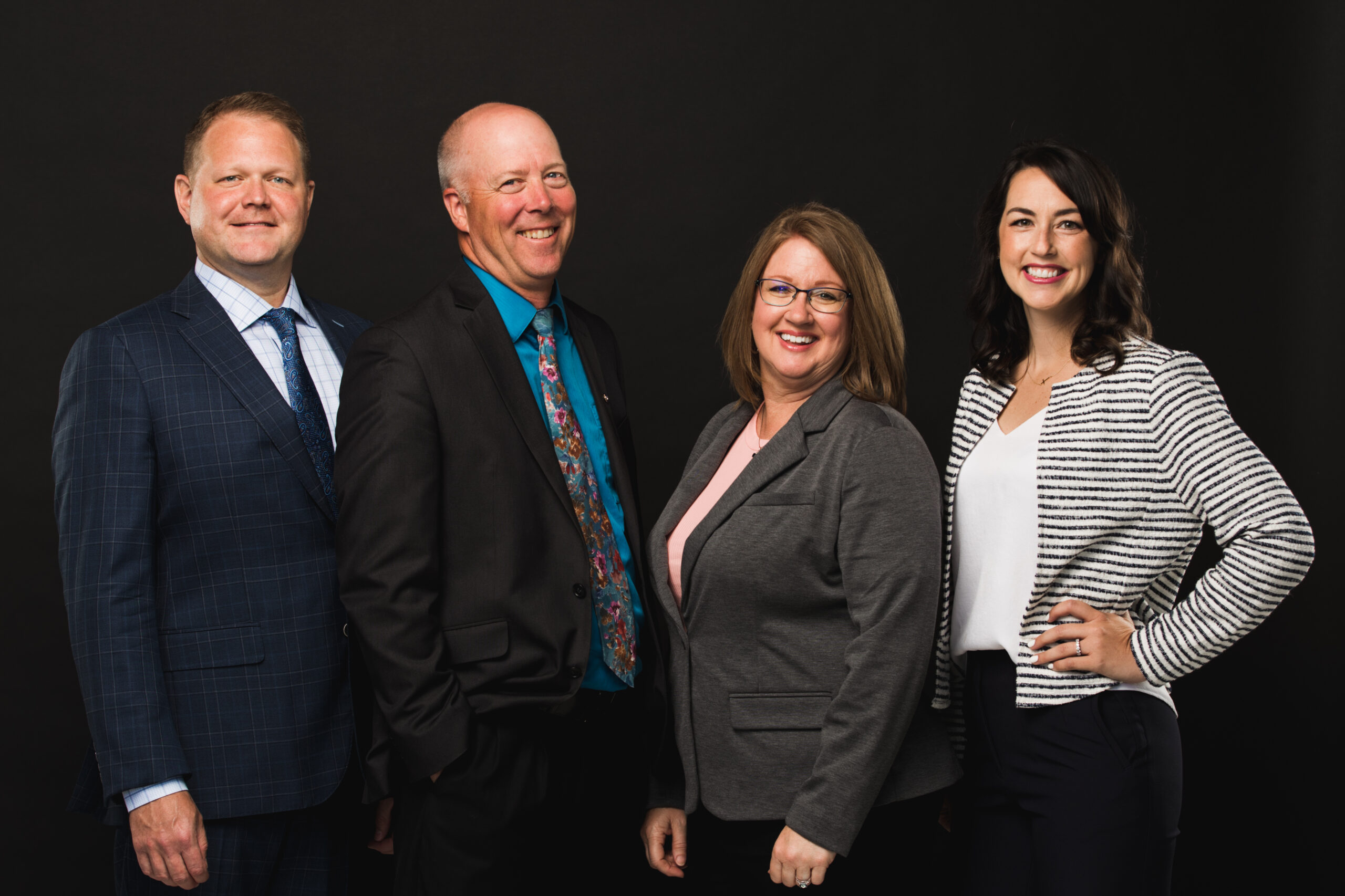Levy Equalization Bill Advances in Sixth Week of Session
School Levy Equalization Bill (HF 3224) Advances
House Education Finance reviewed HF 3224 (Rep. John Huot – DFL Rosemount) (and sent it to the Tax Committee next, where Chair Paul Marquart (DFL Dilworth) has agreed to incorporate as much of this hefty proposal as he can. GOP lead Rep. Ron Kresha (Little Falls) said that he would love to vote yes on the bill, but wanted all of the information on the local levy impact. Rep. Marquardt, Tax Committee Chair, assured members that there would be an opportunity to review the data when the bill is heard in the Tax Committee. This is a comprehensive bill and many thanks to the testifiers from rural schools who offered supporting comments, including:
- Deb Marcotte, Executive Director, Hiawatha Valley Education District
- Mark Matuska, Superintendent of Kasson-Mantorville Public Schools
- Seth Putz, Building/Grounds, Health/Safety Supervisor, Lake of the Woods Public Schools
HF 3224 will be reviewed in the House Property Tax sub-committee this Wednesday at 3pm. MREA and others continue to work on building support in the Senate for school levy equalization. Many thanks to Sen. Jason Rarick (GOP – Pine City) for getting the companion file to HF 3224, SF 3554, introduced and the conversation moving in the Senate. Senate Tax Chair Carla Nelson (GOP – Rochester) has expressed interest in working on a more modest approach in her eventual omnibus tax bill.
Senate Education Chair Roger Chamberlain has long supported improving operating referenda equalization. Sen. Gary Dahms (GOP – Redwood Falls) has long supported improving levy authority for cooperative facilities and he fought to get SF 389 included in last session’s omnibus Senate Education bill. We will continue advocating for Coop Facilities to advance in the Senate, as it is in the House.
OLA Report Reviewed
House Education Finance members reviewed the freshly released report from the Office of the Legislative Auditor (OLA) on MDE’s role in closing the achievement gap.
The OLA concluded in their report that there is no set definition of “achievement gap” or how to measure it. They recognized that closing the achievement gap is a shared concern across the political spectrum, but that Minnesota laws don’t reflect that concern. OLA recommended that the legislature remedy this oversight and define both “achievement gap” and “opportunity gap” in statute, as well as explicitly outline what MDE’s responsibilities are in the efforts to close those gaps.
Senate Floor Passes Syllabi Requirement Bill
Continuing the drumbeat of “Parents Rights,” the Senate passed SF2666, requiring class syllabi be made available to parents within the first two weeks of the start of the school year. Senator Michelle Benson (GOP Ham Lake), author of the bill said, “This legislation affirms what many educators are already doing and allows parents to have the information necessary to help decide what education option is best for their child.” The bill passed on a near party-line vote of 36-31.
SF 2902 (Sen. Justin Eichorn – GOP Grand Rapids) is the last of the four bills that encompass the Senate GOP “Parents Rights” agenda. This bill was significantly scaled back during the committee process and awaits action on the Senate floor.
Senate Education Considers Requiring LETRS Training
Chair Chamberlain presented his bill requiring LETRS training to be a part of Minnesota teacher prep programs. He said it needs to be made perfectly clear in statute that our teacher prep programs are getting teachers ‘classroom ready’ to teach using the LETRS instruction. A testifier from Minnesota Association of Colleges for Teachers told the committee that they were not supportive of the bill. One of their main concerns is the mandate to programs requiring a private company to be embedded within teacher training throughout the state. While there was general support for the success of LETRS training, minority members raised similar concerns over state money going to a private company.
This Week in Education Committees
Senate Education – Private School Scholarships for Special Education
Senate Education kicks off the week with another approach to vouchers. Focused on special education students, SF 3656, creates a scholarship program allowing students with disabilities to enroll in a nonpublic school with public dollars. Publicly funded scholarships for special education students have been in place in other states, including Florida, but public-school advocates, MREA included, continue to oppose the creation of them here in Minnesota.
SF3297 establishes a SPED legislative working group to study the requirements and practices relating to tuition billing. The workgroup would need to submit a report by Jan. 31, 2023.
SF3534 allows charter schools to give preferential enrollment status to deaf or hard-of-hearing students, if the school already serves a majority of students whose primary disability is deaf or hard-of-hearing.
House Education Policy – Prep Time, Universal Meals
HF3926 modifies teacher prep time provisions to include uninterrupted blocks of time and additional prep time in certain circumstances.
HF1729 creates the healthy and hunger-free school program. This is the “universal meals” bill and will likely closely align with (if not mirror) Governor Walz’s universal meals proposal.
HF3860 provides recruitment grants and loan forgiveness to school nurses.
HF3965 requires PELSB to report on the supply and demand of licensed teachers, as well as teacher shortages, every other year.
HF4207 adds personal finance as a high school graduation requirement.
HF3580 requires indexing of English learner program revenue to basic education revenue.
HF4074 makes changes to enrollment reporting requirements and weighted grade point averages for PSEO courses.
House Education Finance – Mental Health Support, 18 Online
HF3434 (Morrison) Student mental health screening required, student mental health support revenue created, and money appropriated. MREA has been working with the chief author to make sure cooperative programs receive funding created in this bill.
HF649 “18 online” or teacher concurrent enrollment credentialling support is up Tuesday in House Education Finance. MREA has been working with the chief author to include a $2 million infusion of funding into the program to help more teachers access graduate tuition support.
HF1742 provides additional aid to school districts to hire student support services personnel. Qualifying licensed positions include school counselor, school psychologist, school social worker, school nurse, or chemical dependency counselor.
HF3963 provides additional state aid for high-cost SPED services.
HF3816 provides additional grant funding to the Network for the Development of Children of African Descent to expand the reach of the program beyond the metro area.
HF3948 authorizes a grant program for Wilderness Inquiry to partner with school districts or charter schools to enhance credit recovery programs.





